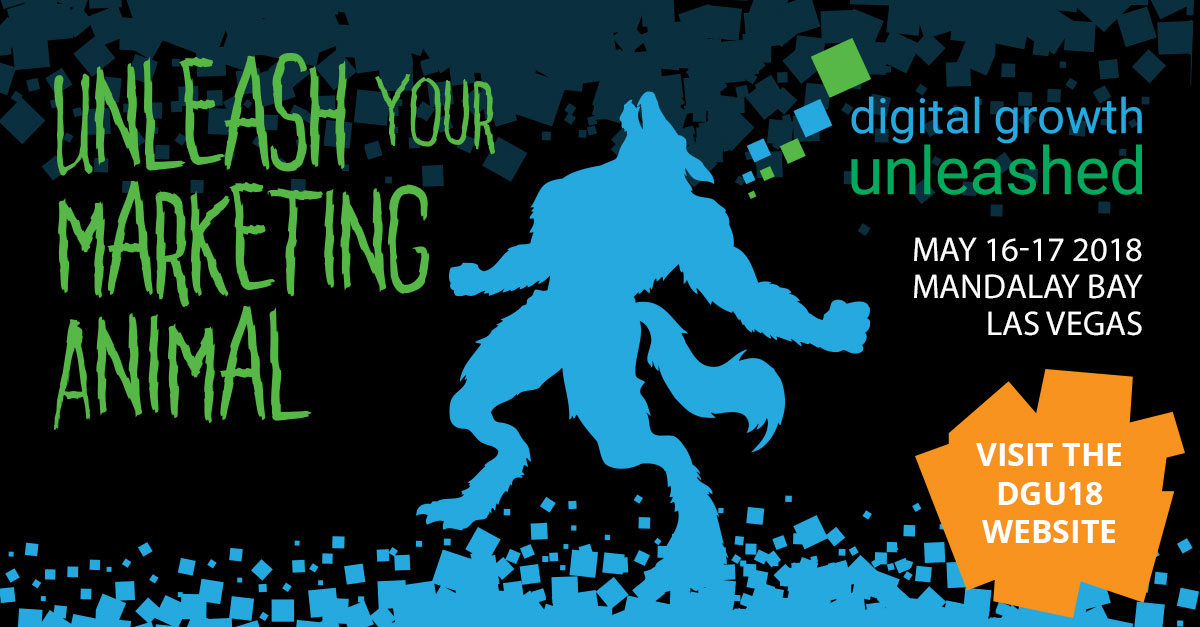Do you want to become a conversion optimizer?
Great news: Conversion optimizers are in high demand.
Since conversion rate optimization (CRO) became well-known, it has become the fastest-growing disciplines in the digital marketing industry. Companies now have job descriptions, in-house teams, and even C-level positions dedicated solely for optimizing conversions from their online activities.
That’s a pretty impressive feat for a field that only five years ago was so obscure, even SEOs and web designers didn’t know about it.
However, that also means there are a lot of folks like you who want to become a conversion optimizer. To get a footing in this industry, you need to set yourself apart from the thousands of aspiring conversion optimizers out there.
So if you want to excel as a professional conversion optimizer – and a pretty good one, too, focus on honing these five must-have skills:
1. Psychology and User Experience Design
Good conversion optimizers recognize that you can’t optimize without first understanding with your users. As an optimizer, you have to pay attention to your users’ thoughts and feelings that influence their habits and behaviors: What compels them to buy certain things? What interests them? What do they fear most?
Conversion-centric user experiences are fine-tuned to correspond to human behavior and motivation. And the key to designing those are in your ability to empathize with how users perceive and interact with your site, and to use that knowledge for improving online experiences.
2. Persuasive Copywriting
In CRO, it isn’t enough that you’re a good writer. You need to be able to create copy that’s both interesting and persuasive. So aside from user experience design, you should also be able to channel psychological principles into writing.
The main goal of persuasive copywriting is to get your online visitors to act on your offer. This means writing to build trust, address objections, and influence the decisions of your prospective customers on your site in a way that’s beneficial for both the company and consumers.
3. Research and Website Testing
You can’t be a good optimizer without being adept at research and experimentation.
Research and website testing are crucial in studying the factors involved in user behavior. User research activities such as customer surveys help you learn more about the customers, including who they are, what their needs are, and what their goal is on a website visit. Then you can design web or ecommerce flows according to the specific preferences and objectives of its users.
Conducting research on a website (eg. in the form of website audits), meanwhile, allows you to uncover certain issues that hinder successful conversions. You can then do some website testing to find possible solutions. Testing is applying the principles of experimental research on your website to determine which elements work best in terms of persuasion, usability, or overall experience for your specific visitors.
4. Data Interpretation and Analysis
Conversion optimizers live and breathe data. From website traffic to customers’ demographic, psychographic, and purchase information to email, ppc, and social media tracking: all of these require skills in data interpretation and analysis.
So to thrive in conversion rate optimization, you must embrace data. Data takes the guesswork out of optimization. Your website testing must be based on solid data from either website or customer research. The persuasive ability of your email will be measured by click-through and purchase data. All CRO activities, in a nutshell, are driven by the need to get meaningful insights from data for identifying conversion opportunities and improving those that already exist.
5. Conversion-focused Web Design and Editing
To be good at CRO, you need to have an eye for design. You have to understand basic design principles and how they can be used to optimize your website and marketing collaterals for maximum convincing power. For instance, you should know how certain colors and elements influence user attention or how certain shapes and space affect user experience.
If you can, then learn a bit of coding. It isn’t necessary for you to be a full-pledged developer but there are times when you need to understand what’s happening in the back-end. Also, it reduces your dependency on the tech team when you can do simple tweaks on your site.
So you see, being a successful conversion optimizer requires a combination of the analytical and intuitive. Conversion optimization experts are not only able to crunch the numbers; they’re also skilled at listening to people and tugging at their heartstrings. If you think you already have these skills, then you’re all set.
BONUS TIP:
The conversion optimization experts you admire today have all been to Conversion Conference, the largest gathering of conversion optimizers.
Conversion Conference is evolving into Digital Growth Unleashed! After dozens of shows in the US and Europe since 2010, we are defining a new and more powerful perspective for digital persuasion. Create the most compelling end-to-end customer experiences. Attract, persuade, serve, and the technology to make it happen – we’ve got you covered with four parallel breakout tracks! Plan early and get the absolute lowest rates possible for May 16-17, 2018 at the Mandalay Bay Casino & Resort, Las Vegas.

 717 798 3495
717 798 3495



